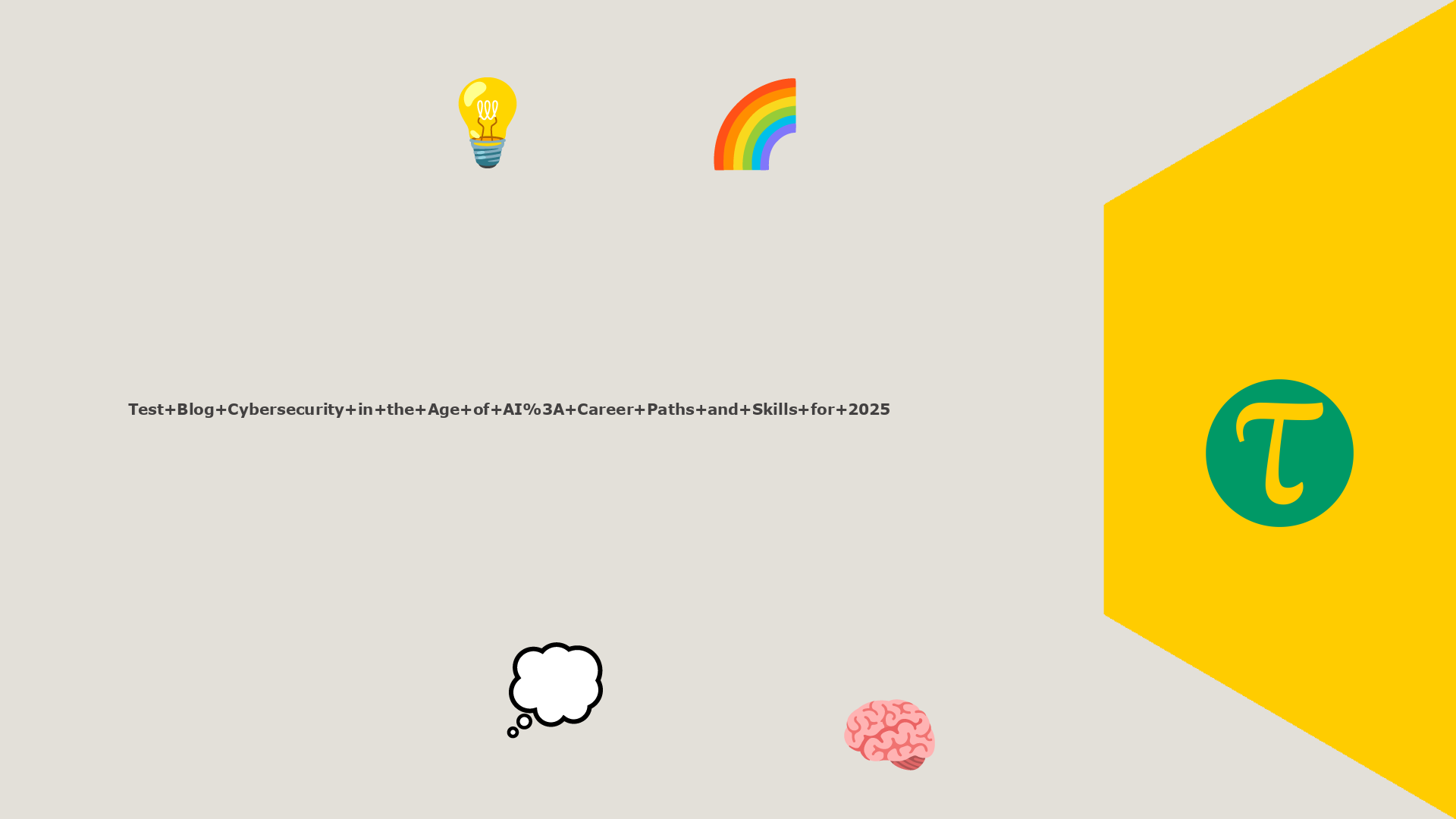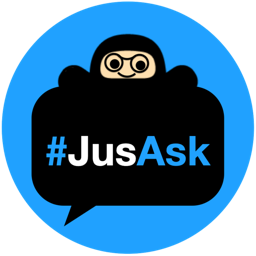TRENDING NOW
SEARCH BLOG
WHAT'S NEW
Post blog by Sandy May 25
Include details about your goalDescribe expected and actual resultsInclude any error messagesInclude details about your goalDescribe expected and actual resultsInclude any error messagesInclude detail...
EDITOR'S PICK
Mastering Remote and Flexible Work A Cheat Sheet for Professionals
As the workforce landscape continues to evolve, the rise of remote and flexible work arrangements is reshaping how professionals approach their careers. For many, this shift brings about opportunities...
Mastering Boundaries Time Management and Productivity Strategies A Cheat Sheet for Professionals
Mastering Boundaries, Time Management, and Productivity StrategiesAs a busy professional, setting boundaries, managing time effectively, and adapting productivity strategies to different demands can b...
RANDOM READS
LATEST ARTICLES
Loading ...
Reads Categories
Interview
Job Search
Mentorship / Coaching
Negotiation
Networking
Resume
General Jobs Strategy
Communication
Financial health
Healthy Culture
Mental health
Mindfulness
Physical health
Self-Care
Stress / Anxiety
Upskilling
Work-life balance
General Wellness
Branding
Career Development
Conflict Management
Future of Work
Growth Mindset
Handling Change
Jobs of Future
Leadership Development
Learning
Organization
Productivity
General Work
Recent Jobs
#JusASK, The Career Coach
RELATED
Improving+Floor+Efficiency+vs.+Micromanagement
In the world of project management and operations, there's a razor-thin line between driving performance and driving your team insane.I've walked that line.And I’ve seen too many managers cross it—usu...
Obvious Baba [#funlessons]
JoinTAO
RELATED
5 Minute Guide Developing Skills and Mindsets to Stay Competitive in the Job Market
IntroductionAs the job market continues to evolve rapidly, professionals must constantly adapt and stay ahead of the curve to remain competitive. Developing the right skills and mindsets is crucial in...





















Or